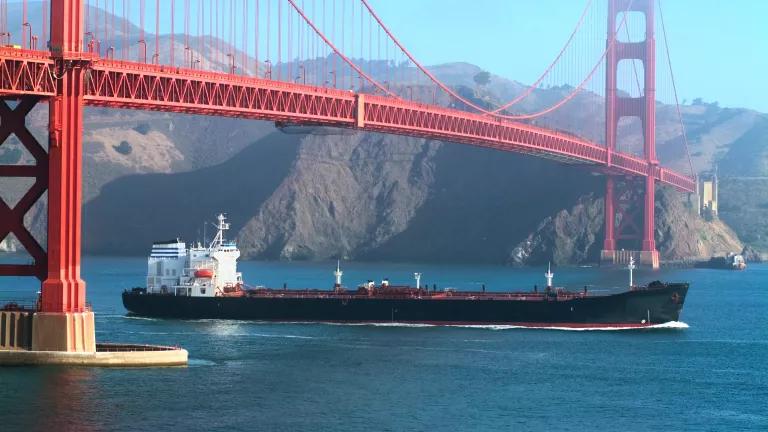Groups Laud B.C.'s Caution as Kinder Morgan Threat Looms

In a letter sent to British Columbia’s Premier John Horgan this morning, eight environmental and conservation organizations express their support for his government’s common sense, science-based approach to confronting potential new threats created by Kinder Morgan’s proposed Trans Mountain tar sands pipeline expansion. The Kinder Morgan project, which would carry an additional 590,000 bpd of tar sands oil (on top of the 300,000 bpd carried by an existing pipeline) to a marine terminal near Vancouver, BC, is a project completely reliant on marine transport of tar sands oil through some of the West Coast’s most environmentally sensitive, busy, and economically important waters. Despite the real environmental risks posed by such a project, major knowledge gaps remain in understanding how tar sands oil behaves when spilled into water, especially salt water, and comprehensive reviews of the best available science have highlighted a severe lack of preparedness on the part of our first responders in the event of a spill.
Two reports, in particular, paint an unmistakably clear picture of just how problematic the Kinder Morgan project is given current oil spill response technology and levels of preparedness. The first, issued by the Royal Society of Canada in November 2015, makes a number of recommendations regarding the need for “fundamental research” into various uncertainties surrounding the oils produced and transported through Canada. In many of the report’s recommendations, diluted bitumen (better known as tar sands oil) is highlighted as a research priority due to major uncertainties about its composition and behavior when spilled.
The second report, issued by the National Academy of Sciences in early 2016, makes a number of similar recommendations. In addition, and as highlighted in the letter mentioned above, the National Academy concludes, in no uncertain terms, that tar sands oils present real and serious problems for the agencies responsible for managing oil spill response in U.S. waters. As quoted in our letter, the NAS found that, “[i]n cases where traditional removal or containment techniques are not immediately successful, the possibility of submerged and sunken oil increases. This situation is highly problematic for spill response because (1) there are few effective techniques for detection, containment, and recovery of oil that is submerged in the water column, and (2) available techniques for responding to oil that has sunk to the bottom have variable effectiveness depending on the spill conditions. [...] Broadly, [U.S.] regulations and agency practices do not take the unique properties of diluted bitumen into account, nor do they encourage effective planning for spills of diluted bitumen.”

In a world that daily confronts the realities of accelerating climate change, a project like Kinder Morgan’s Trans Mountain expansion makes no sense. As tar sands producers have made abundantly clear, projects like these are all about enabling expansion of their high-carbon industry at the expense of our shared global climate. In the Kinder Morgan context, the price may be even higher: the Salish Sea and the Pacific west coast would bear the brunt of a nearly 600% increase in tar sands tanker traffic. This puts beloved species like the southern resident killer whales at tremendous risk of extinction, even in the absence of an oil spill.

